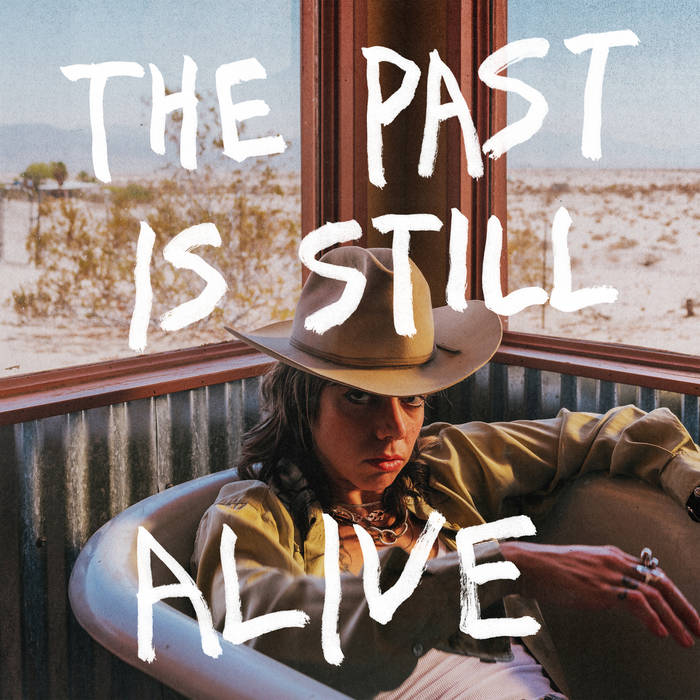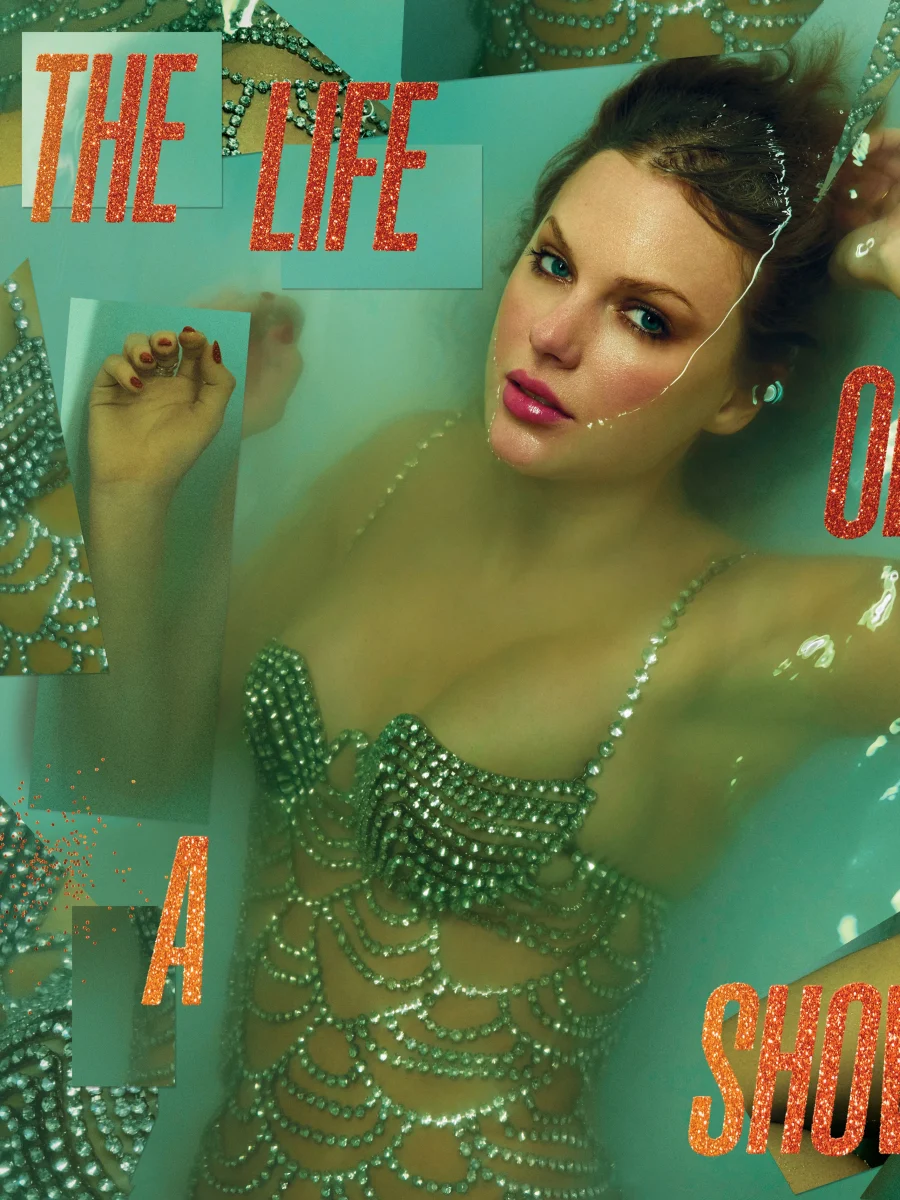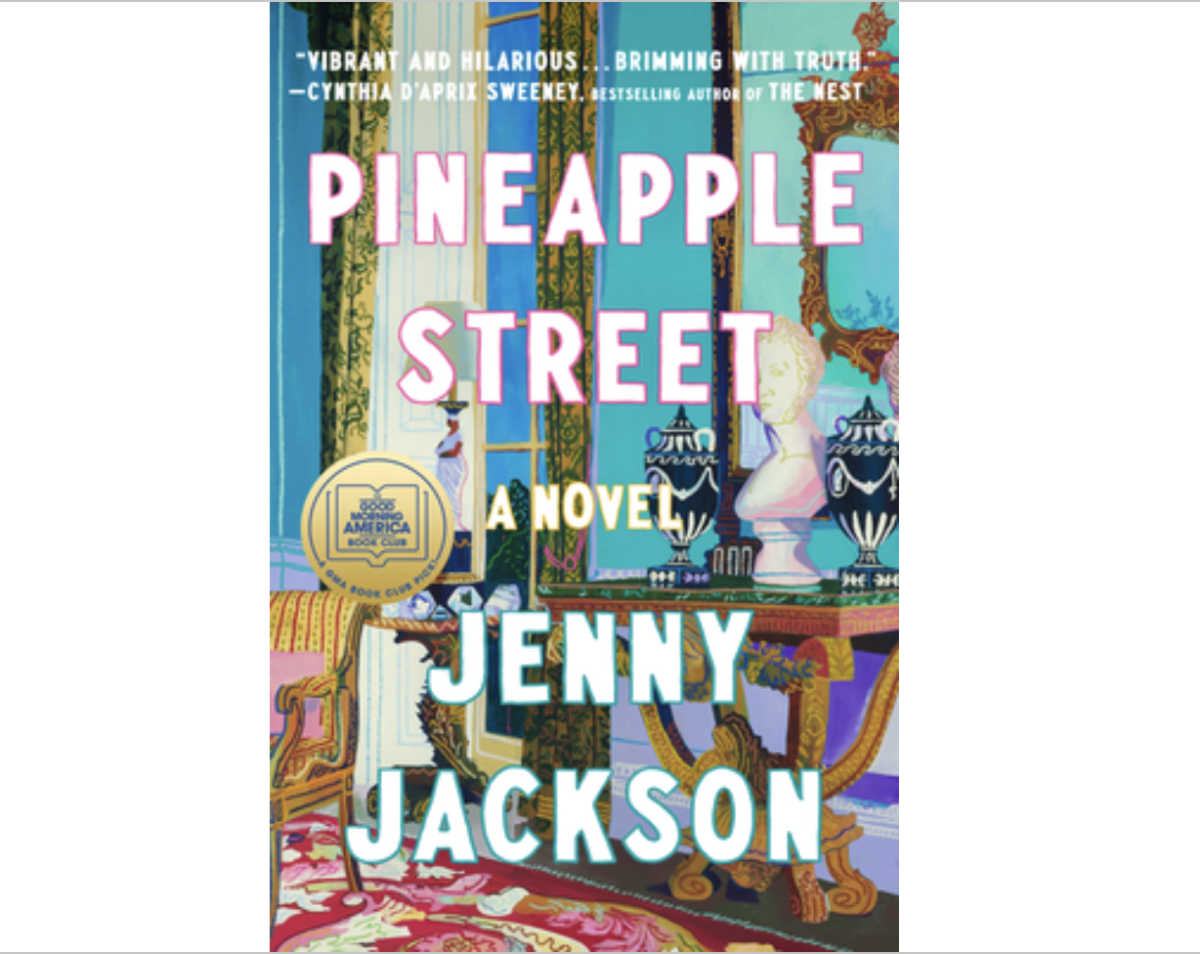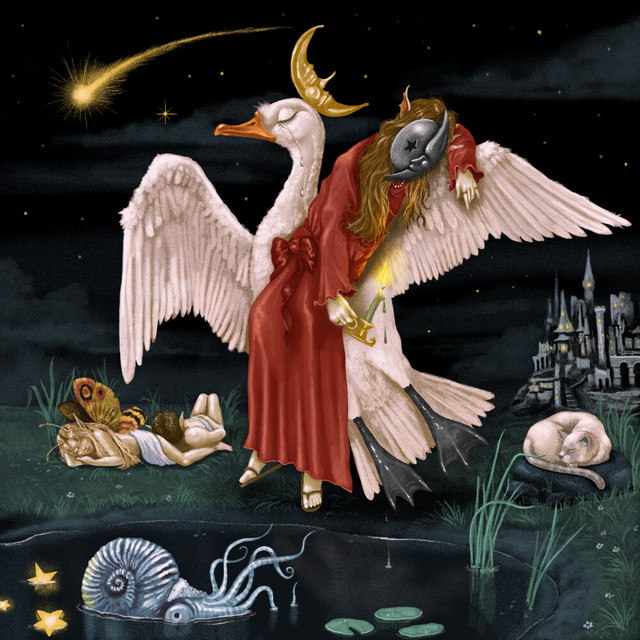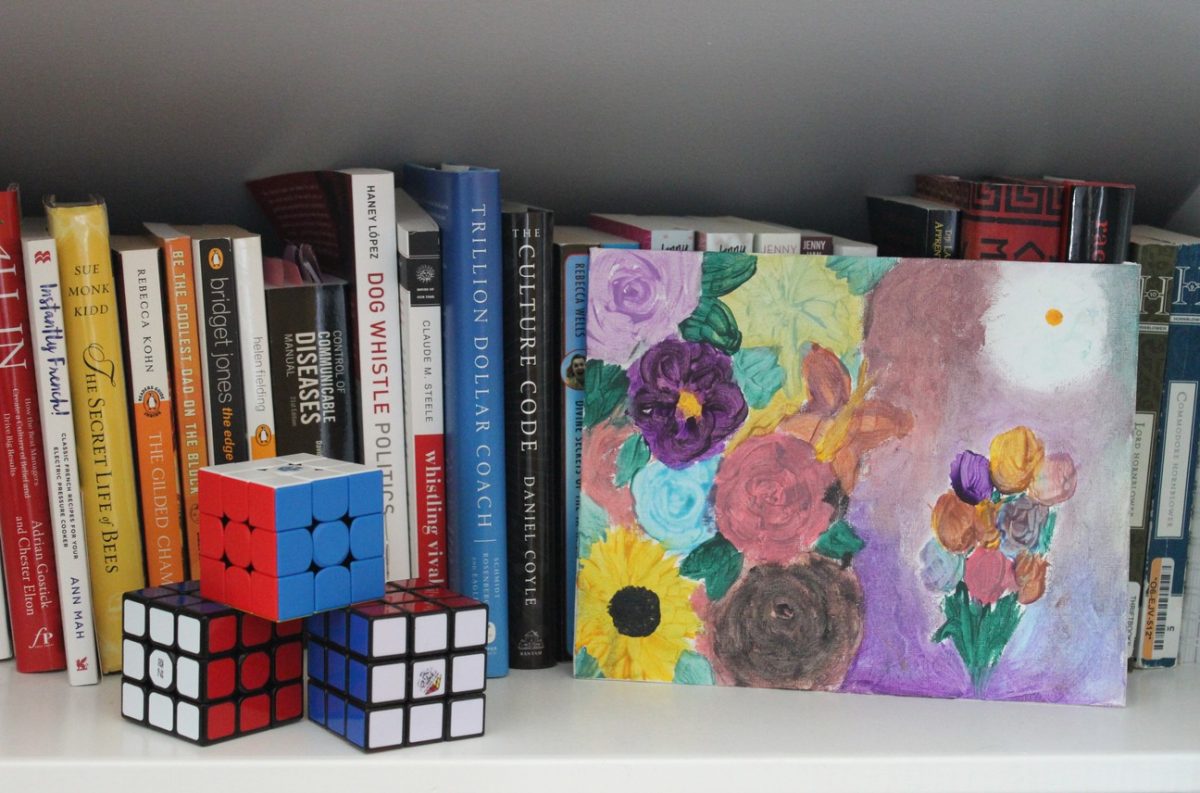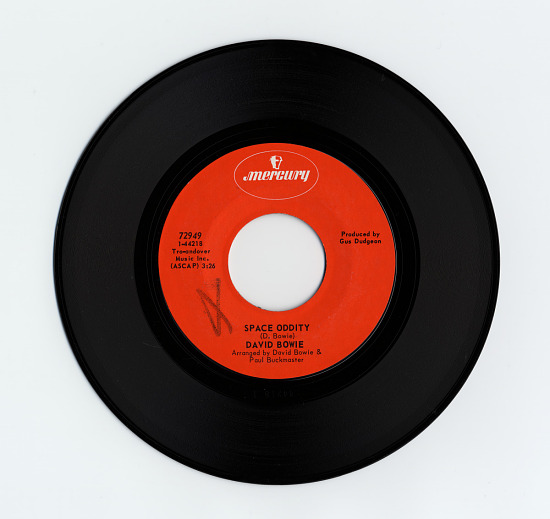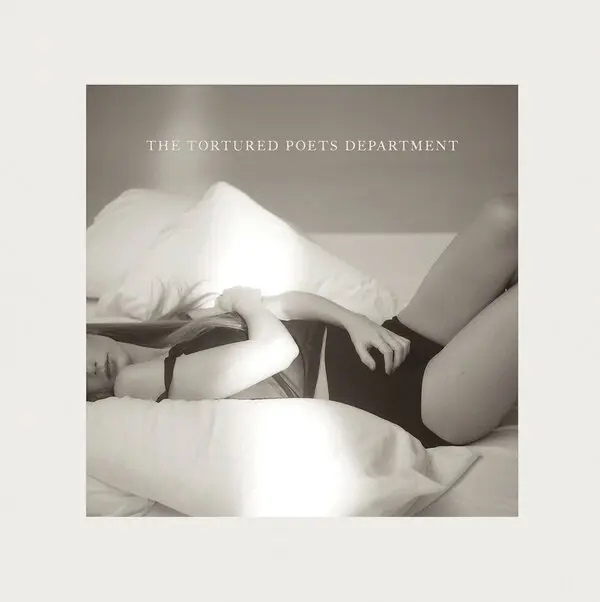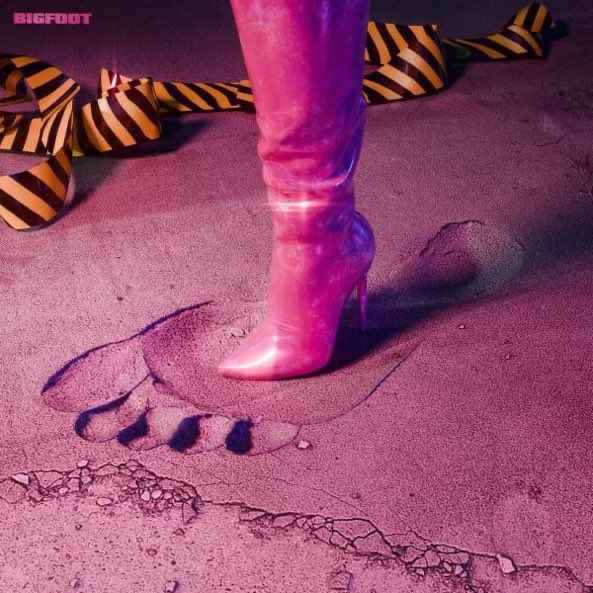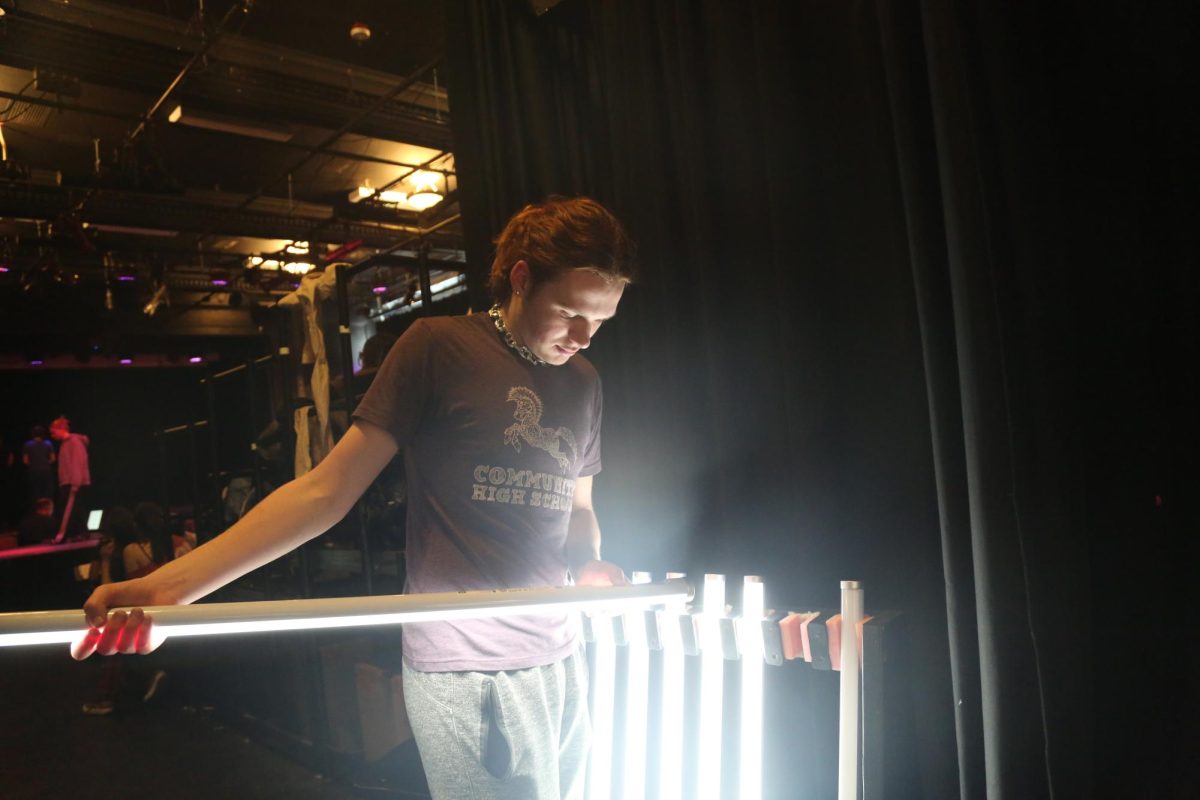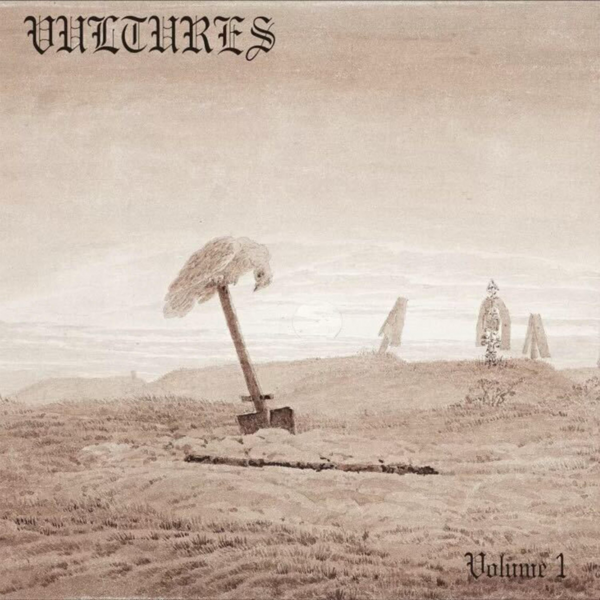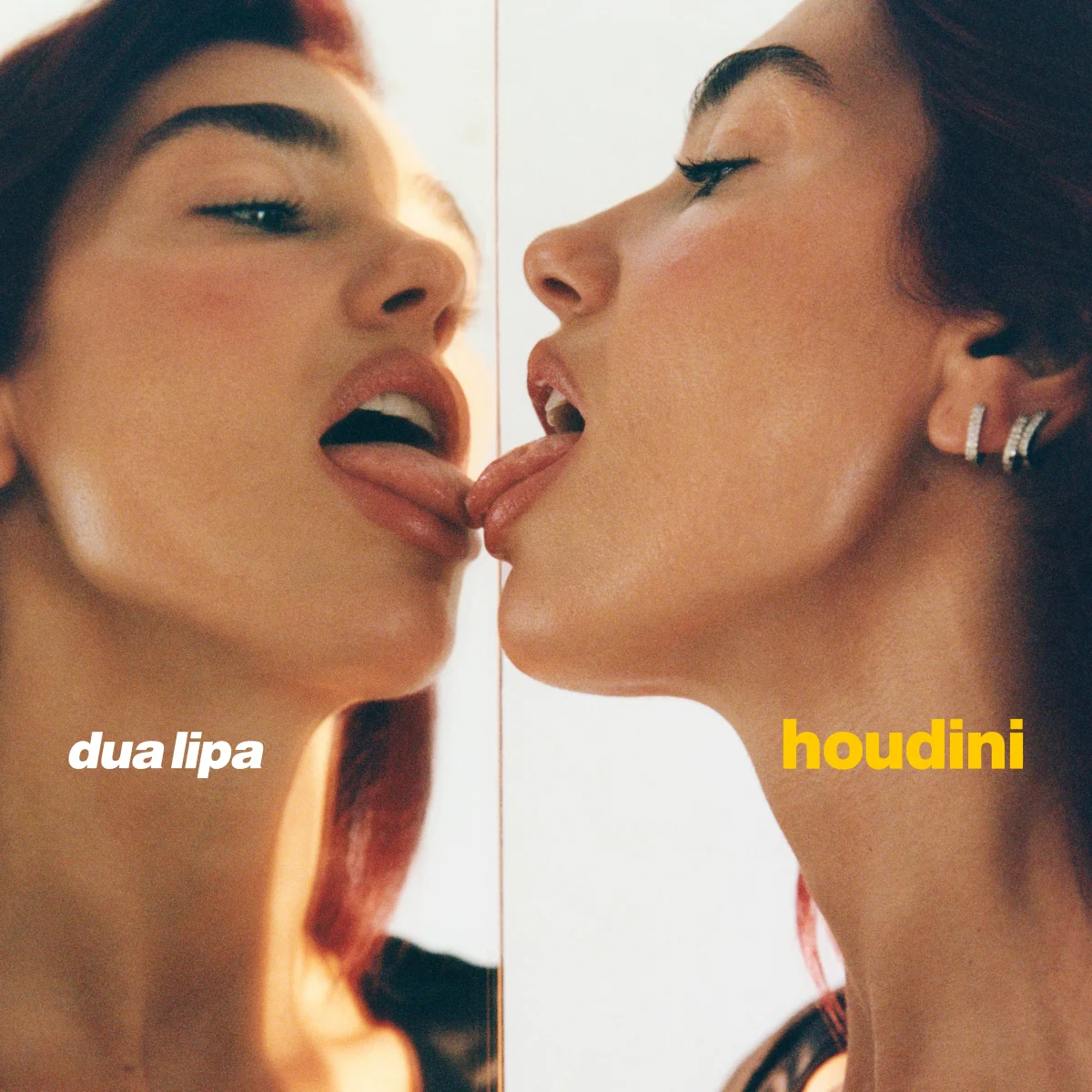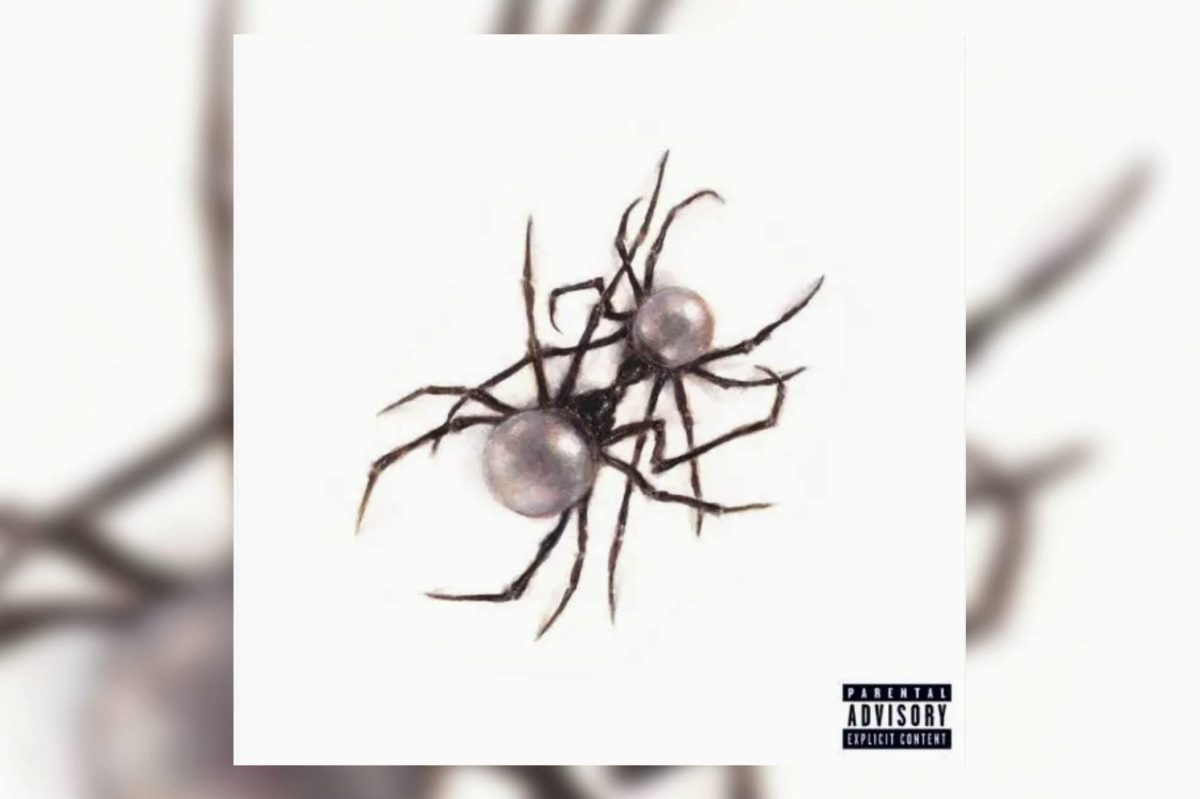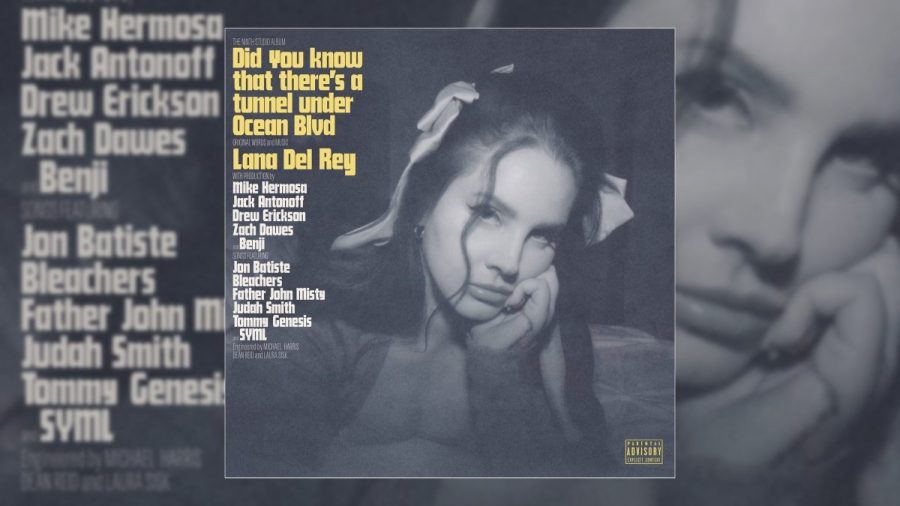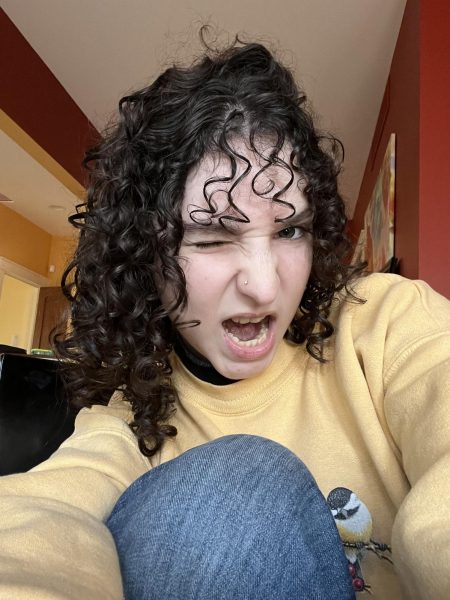Longtime legend of folk music Alynda Segarra released their new album, “The Past Is Still Alive,” on Feb. 23. Segarra, who records music as “Hurray For The Riff Raff,” tells the story of growing up a runaway. They sing about the individuals who took them in as a teenager, their constant train-hopping, and horrors like drugs and global warming that plague communities everywhere.
The LP, a smoky, cowboy-esque Americana-folk album with rock roots, is full of heart-wrenching lyrics and touching imagery. Segarra, a queer, nonbinary artist, writes about the discrimination and hatred against queer people and offers their heart as a temporary haven. In the third track, “Colossus of Roads,” Segarra writes about love during fraught times. “I know that it’s dangerous, but I wanna see you undress / Wrap you up in the bomb shelter of my feather bed.” In “Snake Plant (The Past Is Still Alive),” Segarra sings truthfully about the horrors of addiction in vulnerable communities. “Most of our old friends are dead / So, test your drugs, remember Narcan.”
Segarra’s father, a Vietnam veteran, had just died when they decided to record “The Past Is Still Alive.” In an interview with NPR, Segarra explains that through their exploration of grief, they found that there are gifts that come with the suffering. “One of the gifts that I was given was the freedom of fear: ‘Well, the worst has already happened.’ I felt, well, now all that’s left is to tell the truth. What am I going to be afraid of?”
The last track on the album, “Kiko Forever,” seems to be a mismatch of voicemails left by Segarra’s father. Layered on top of a jazzy elevator piece, their father, who often went by Quico, says things like, “I’m cooking chicken wings in the oven with a potato,” in that gravelly voicemail tone that you can hear his smile through. You can almost picture him holding the phone up to his face to leave the message and gazing at the oven with longing. The song speaks to the type of person he was in Segarra’s life: an imperfect inspiration.
In an interview with the New York Times, Segarra talked about their gender identity about their father. “When I was with him, I was his daughter, and I said that as a very honorable thing,” Segarra said. “In his passing, there were some ways that I felt like his son, in the honor of carrying his legacy musically.” The lyrics and voicemails in the album make Segarra’s father into an audible legend in their music.
“The Past Is Still Alive” is a triumph of storytelling: rich with anecdotes and exceptionally honest, it takes a hard look at America’s past, present and future.



